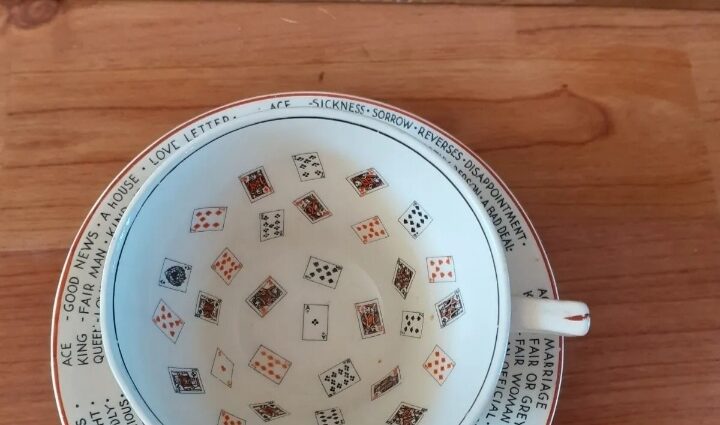Origins of Fortune Telling
Fortune telling, also known as divination, has a rich and varied history that spans across cultures and civilizations. Its origins can be traced back to ancient times when people sought to understand the mysteries of life and predict the future. One of the earliest forms of fortune telling can be found in ancient China, where oracle bones were used to make predictions by interpreting the cracks on the bones after they were heated. Similarly, in ancient Mesopotamia, diviners would observe the patterns in oil poured into water to make predictions.
In ancient Greece, the practice of casting lots, known as “casting the lots” or “casting the die,” was a common method of divination. The lots, often small objects like stones or bones, were cast, and the resulting arrangement was interpreted to provide insights into the future. The ancient Egyptians also had their own methods, such as scrying using mirrors or bowls filled with water. Across cultures, the common thread was the human desire to gain insights into the unknown and harness a sense of control over destiny.
Evolution of Fortune Telling Through the Ages
As civilizations evolved, so did the methods of fortune telling. The Middle Ages saw the rise of astrology, a practice that involves studying the positions and movements of celestial bodies to make predictions. Astrology became especially prominent in medieval Europe, where it was intertwined with both science and mysticism. The Renaissance period further popularised the use of tarot cards for divination, a practice that continues today.
The 19th and 20th centuries witnessed the emergence of spiritualism and the use of mediums to communicate with the spirit world. This era also saw the rise of palmistry, phrenology, and other forms of divination that focused on reading physical attributes to reveal insights about an individual’s life. With the advent of the internet, online psychic readings and digital tarot card readings have become popular, bringing fortune telling into the modern age.
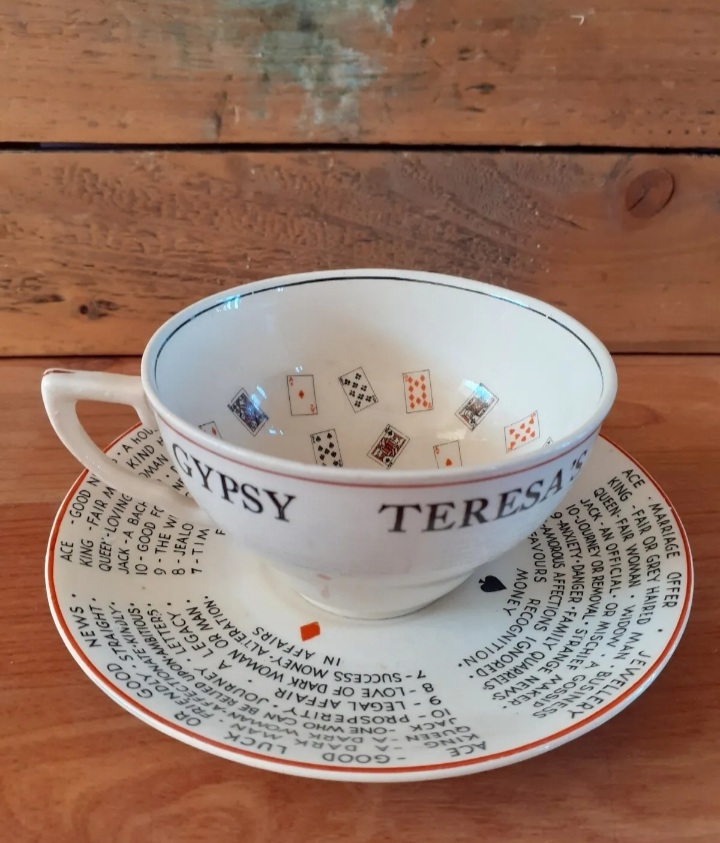
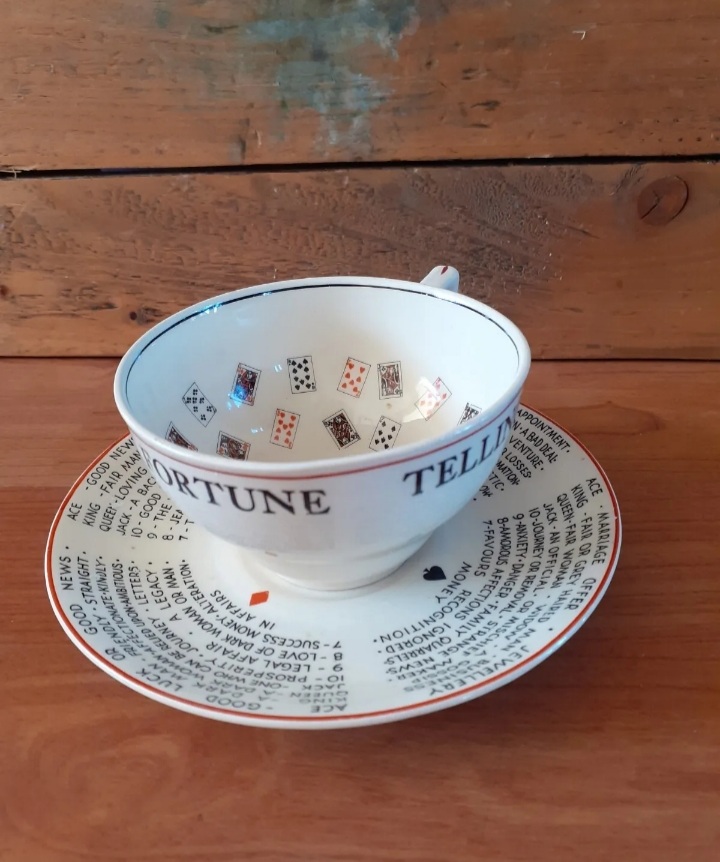
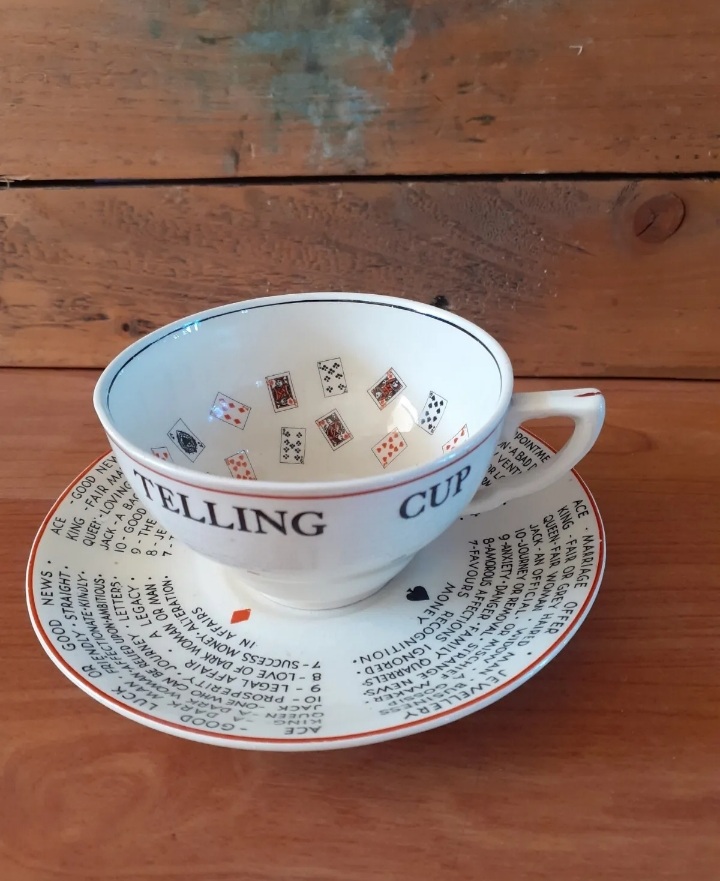

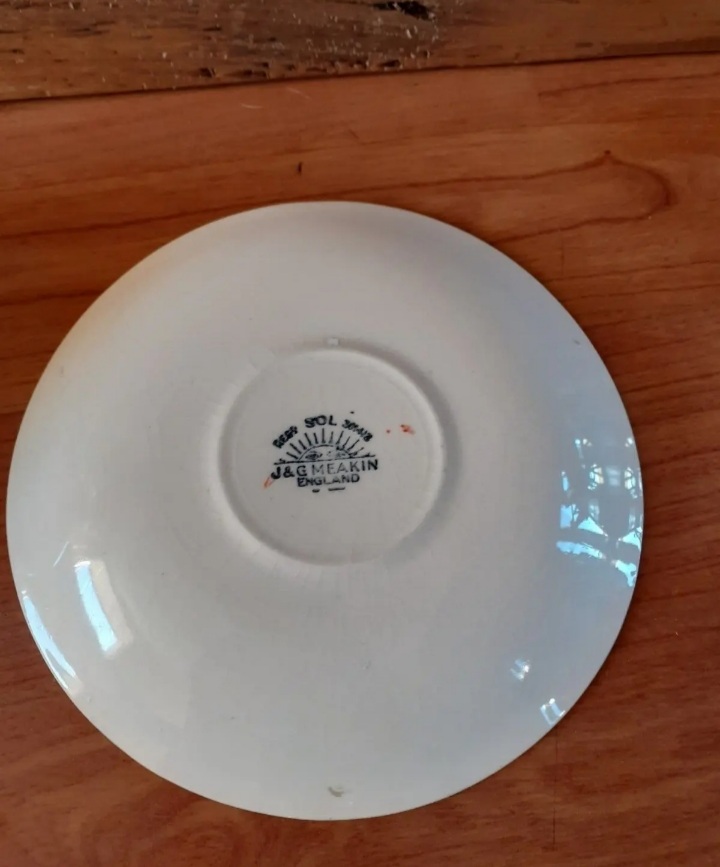
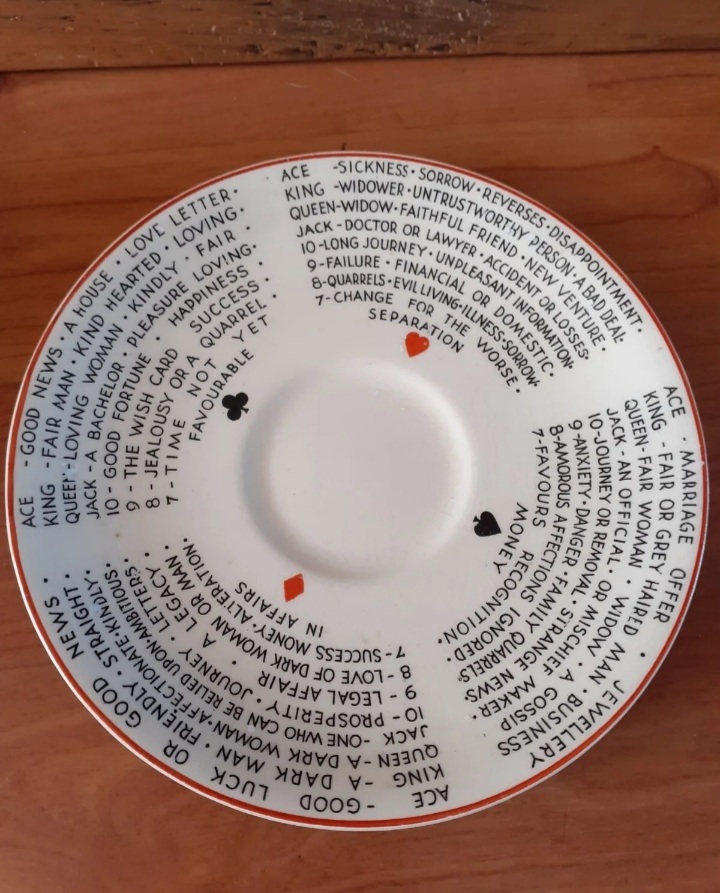
The Significance of Fortune Telling in Today’s World
In the contemporary world, fortune telling holds a unique significance for individuals seeking guidance, reassurance, or a sense of control in an uncertain future. While skeptics may dismiss it as mere superstition, many people turn to fortune telling for comfort during times of crisis or decision-making. The art has found a place in popular culture, with horoscopes, tarot card readings, and psychic consultations being featured in various media.
Fortune telling has also gained acceptance as a form of entertainment, with psychic fairs, astrology applications, and online platforms offering personalised readings. Additionally, the psychological aspect of fortune telling cannot be ignored, as the process of reflecting on one’s life and future can have therapeutic benefits. Whether viewed as a spiritual practice or a form of psychological insight, fortune telling continues to thrive in the modern world, adapting to new technologies and societal changes while maintaining its roots in ancient traditions.
Further More
Here at Wildcard Curiosities we recently had some beautiful crystals used in this art. Sadly they sold very quickly. The only item we have of this nature, at the time this blog was written is a beautiful J & G Meakin Gypsy Teresa’s Fortune Telling Cup and Saucer. The images of which are featured in this blog.
